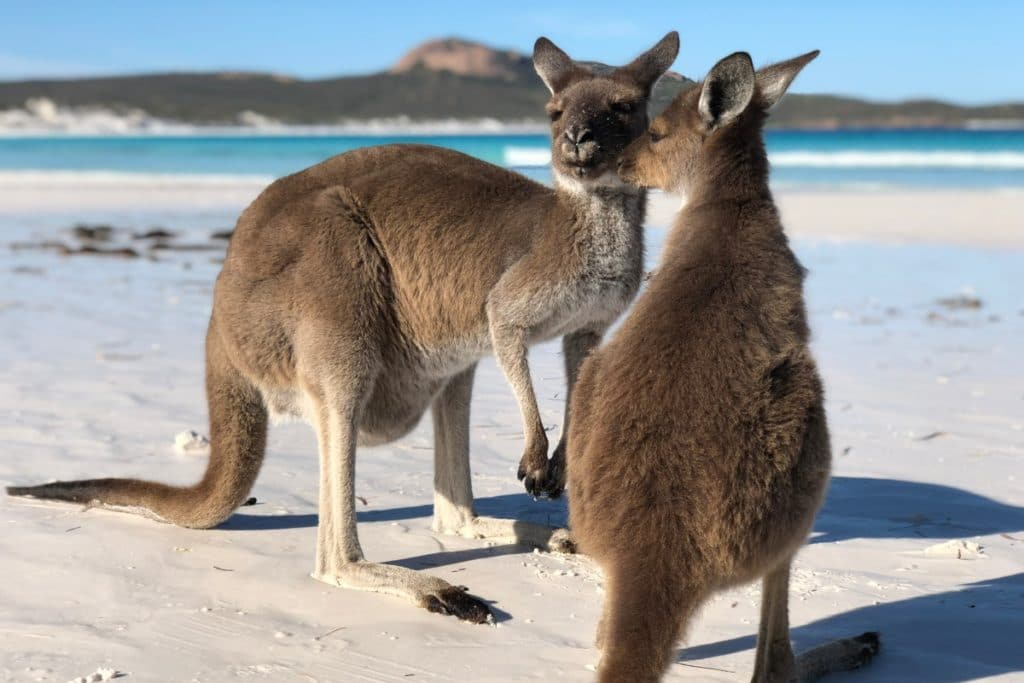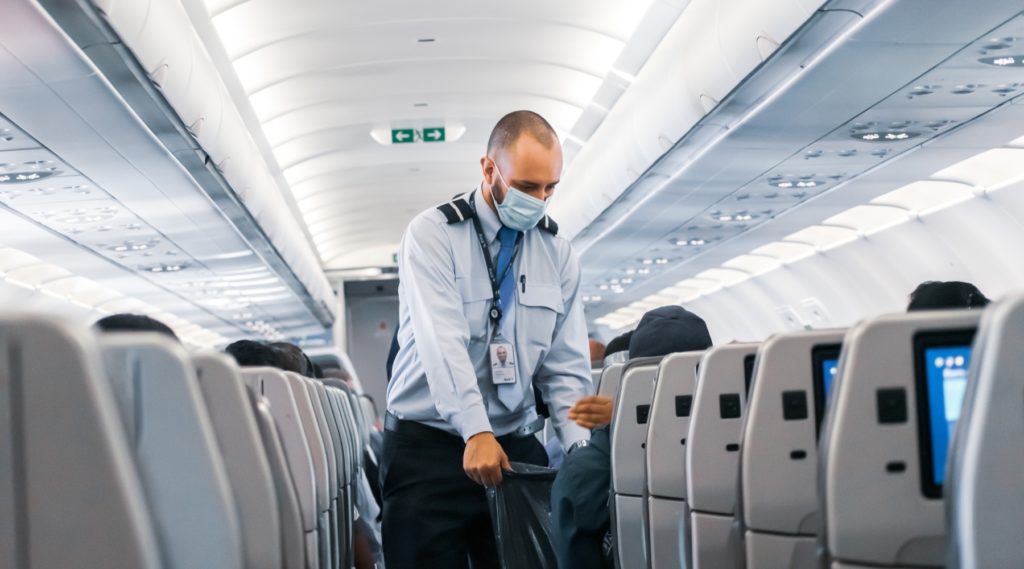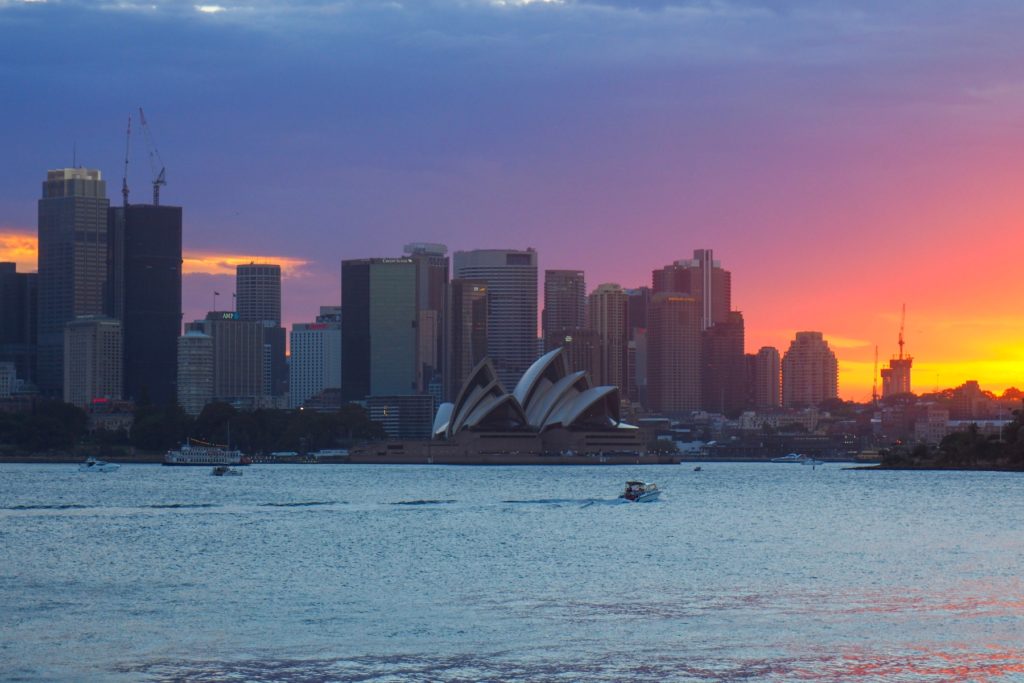Migrating to Australia is a dream for many around the globe, attracted by its high quality of life, vibrant culture, and diverse landscapes. The journey to becoming an Australian resident, however, involves navigating a complex immigration system, understanding various visa options, and meeting stringent eligibility criteria. This comprehensive guide aims to demystify the process of migrating to Australia, covering every aspect from initial considerations to settling down in the Land Down Under.
Table of Contents
Why live in Australia?
As everyone knows, Australia offers an incredible quality of life. With all-year-round sunshine, large cities less than 30 minutes from the beach, and a stable economy, the country attracts many migrants who want to settle there permanently. In fact, Australia has enjoyed stable growth and a low unemployment rate (4% in May 2024) for many years, as well as high wages, offering its citizens a very good standard of living. In addition, the living environment is ideal, beautiful landscapes, great weather, friendly people … in short, it’s a piece of paradise.
Understanding Australian Immigration Policy
Australia’s immigration policy is designed to attract individuals who will contribute to the economy and society. The policy encompasses various visa categories, including skilled workers, family reunification, and humanitarian visas. Prospective migrants must identify the visa category that best matches their circumstances and qualifications.
The country strictly follows its chosen immigration policy, but doesn’t hide the need for workers in certain sectors. A chance for many qualified people! The pandemic has further amplified this phenomenon. Today, the country recruits a lot of foreign workers to fill the national labour shortage. This applies to all fields. Whether you are a waiter, a pastry chef, a plumber or an engineer, you have the possibility to migrate permanently to Australia.

Leaving your home country
Arrange your move
Contact several moving companies to get offers. Remember that you have to have your belongings and / or furniture shipped. Don’t think twice about getting rid of a few things and selling what you don’t need in Australia.
Take care of administrative documents
- Make sure you have a valid passport and an Australian visa.
- Apply for an international driver’s license.
- Remember also to inform the Citizens Registration Office, the Tax Office and Social Security about your move.
- Cancel your current contracts (phone, internet, water, electricity, home/ car insurance, etc.)
Book your flight tickets
Once you have got your visa in your pocket, you can buy your airline tickets. The trip to Australia is long, at least 24 hours flight time. You can either book the tickets through a travel agent or online on one of the many comparison websites available on the Internet.
Once you have purchased your ticket, contact the airline and find out about excess baggage policies.
Get a health check
Before you leave home, it’s important you get thoroughly checked as long as you are still covered by social insurance. This is the perfect time to visit your family doctor, dentist, gynaecologist, physiotherapist, ophthalmologist and more.
It is also essential to consider taking out health insurance. Ask various insurance companies about policies that best suit your needs.
By the way: Note that taking out health insurance is mandatory for certain visas. This applies in particular to the TSS visa (visa sponsoring).

Australia immigration process
Choose your profile
If an Australian company offers you a job and wants to sponsor you, they will offer you the opportunity to work in Australia. You can apply for a TSS visa (replacing the 457 sponsorship visa) or a 186 or 187 visa.
To find out if your profession is in demand in Australia, you should have a look the lists provided by the Australian Government: Short-Term Skilled Occupations List (STSOL) and Medium and Long-term Strategic Skills List (MLTSSL). If your job is listed, you can apply for a visa through the Points System (189 or 190).
If you want to immigrate through a family member in Australia, that person must sponsor you. This person will also have to vouch for your application (financially too).
If you want to start a business in Australia, there are several visas available. However, the financial requirements are very high.
If you wish to deepen your knowledge in a particular field or to resume your studies, you should apply for a student visa. Depending on your course of study, this visa may give you the right to work in the country for several years after you have finished your studies.
Increase your chances
You can increase your chances to migrate to Australia with a more accessible visa. For example, if you are under 31 or 35 depending on your nationality, you can apply for a Work and Holiday visa (subclasses 417 or 462). This gives you the opportunity to stay in Australia for a year, during which time you can find an employer willing to sponsor you. This visa can also be renewed up to 2 times (under conditions).
A student visa may also be a good option to gain a foothold in Australia. Employers will be reassured to know that you have studied in Australia and therefore have a good level of English both in writing and orally. Some student visas also make permanent residency possible.
Hire an immigration agent
Migrating to Australia can be a long and sometimes complex process, depending on the situation. The list of required documents is often long. If you don’t speak the language well, the whole thing is quickly turning into a nightmare. An immigration officer can help you with each step and make sure that all your paperwork is complete. He will act on your behalf for all administrative tasks related to the visa application.
Make sure you’re hiring a MARA-approved agent who has a migration agent registration number.

Australian Visas options
The Australian Immigration website lists more than a hundred visas. Here is a list of different visas that might suit you:
Skilled Migration
This is one of the most common pathways, targeting individuals with skills in demand in Australia. It includes the Skilled Independent Visa (subclass 189), Skilled Nominated Visa (subclass 190), and the Regional Sponsored Migration Scheme (subclass 491), and the TSS.
TSS (subclass 482)
With the Temporary Skill Shortage Visa, you will be sponsored by an Australian company. The profession must be listed in STSOL or MLTSSL. You must also have at least 2 years of work experience in this field. In addition, you have to pass a language test to prove a good level of English (if English is not your mother tongue).
The TSS visa costs from $1 495 (Fees fro 2 years as at July 2024).
Additional Information: Visa TSS – New Sponsor Visa in Australia
Employer Nomination Scheme (subclasses 186 and 187)
This visa follows the TSS visa and is a permanent visa for 5 years, which can be renewed.
If you apply for it without ever having worked in Australia, you need to be sponsored by a company, as well as have your qualifications and work experience recognized. In addition, you must have at least 3 years of work experience in the profession.
The cost of this visa is $4770 (July 2024).
Skilled Nominated visa (subclass 190)
This visa is equivalent to the 189 visa except that you are sponsored by a State or Territory. The state employs you because it has a shortage of skilled labour in a specific sector. Eligible jobs are listed on the Skilled Occupation List. To apply for this visa, you must live in the sponsoring state for at least two years. You must be under 45 years of age when you are invited by the sponsoring state/territory. You will need to score at least 65 points to get this visa.
The cost of the visa is $4770 (July 2024 rate).
Skilled Independent visa (subclass 189)
This visa is an independent visa, which means you are neither sponsored by a company nor state. The profession needs to be listed on the MLTSSL. The visa 189 is based on a points scheme (you have to get at least 60 points). To apply, you must be under 45 years old. This visa is a permanent visa valid for 5 years and can be extended. You can involve your family in the visa application.
The cost of the visa is $4770 (July 2024 rate).
Partner visa (subclasses 820 or 309)
You are married to or in a de facto relationship with an Australian, a permanent resident or a New Zealand citizen. Your partner sponsors you.
The cost of the visa is $9 095 (July 2024 rate). This amount isn’t reimbursable, even if you don’t get your visa.
Further information: Partner Visa Australia – Conditions and Procedure
Eligibility and application process
The eligibility criteria and application process vary significantly between visa categories. Generally, applicants must meet health and character requirements, possess the necessary skills or family connections, and, in many cases, pass a points-based assessment.
- Assess Eligibility: Review the specific requirements for your chosen visa category on the Department of Home Affairs website.
- Gather Documentation: Collect necessary documents, including passports, educational certificates, employment references, and any required health and police checks.
- Submit Expression of Interest (EOI): For skilled migration, an EOI must be submitted through SkillSelect. This is not an application but indicates your interest in being considered for a skilled visa.
- Visa Application: Once invited, submit your visa application online, attaching all required documentation.
Working Holiday Visa (subclasses 417 & 462)
The Working Holiday visa is for young people between 18 and 35 years old (UK passport holders since July 2023). It allows you to travel and work in Australia for one year (renewable twice).
But then you need to be able to get a work permit to stay and apply for permanent residence (see citizenship). It can be a good option if your profession or profile does not fit in the lists provided by the Australian government for sponsors.
The cost of the WHV is $650 (July 2024 rate). It is valid for 1 year and can be renewed twice under conditions.
Student Visa (subclass 500)
With a student visa (no age limit), you can study in Australia and work up to 48 hours per fortnight. The visa is valid for the duration of your studies until a few weeks after you finish.
The cost of the visa starts from $1600 (July 2024 rate), the visa is valid for up to 5 years and in line with your enrolment.
Note: From 1 July 2024, Temporary Graduate, Visitor visa holders who are in Australia cannot apply for a Student visa.
The full list of Australian visas can be found here: homeaffairs
Financial Considerations
Migrating to Australia involves significant financial planning. Costs include visa application fees, medical examinations, English language tests, and relocation expenses. Skilled migrants may also need to consider the costs of skills assessments and professional registrations.
Settling in Australia
Adjusting to life in Australia requires more than just obtaining a visa. New migrants must find accommodation, employment, and possibly schools for children. Understanding Australian culture and norms is also crucial for a smooth transition.
- Finding a Home: Research housing options in your intended area of residence. Consider renting before committing to purchasing property.
- Employment: Use job search websites, recruitment agencies, and networking to find employment opportunities. Credential recognition may be necessary for certain professions.
- Healthcare: Enroll in Medicare, Australia’s public healthcare system, if eligible. Otherwise, consider private health insurance.
- Education: Familiarize yourself with the Australian education system, from primary to tertiary education, to make informed decisions for your or your children’s education.
Life in Australia
With an incredible climate most of the year, it’s only natural that much of daily life is spent outdoors. You’ll soon realise that sport is a religion in Australia. Almost every Australian plays a sport every day. It is not uncommon to see joggers at 6am or surfers in the evening after work.
In general, wherever you are, you will quickly realise that Australians are very friendly and always ready to help and guide you! They are also very law-abiding and orderly, which makes the country very safe.
The quality of life in Australia is extremely good with a growing economy, low unemployment, good infrastructure and a good education system.
Frequently asked questions
Australia offers a variety of immigration visas, such as work visas, student visas, permanent resident visas, partner visas, family visas and humanitarian visas. Everything will depend on your personal and professional situation.
The requirements for obtaining a permanent visa in Australia will vary depending on the type of visa and your personal circumstances. In general, you will have to meet criteria such as age, professional skills, level of education and English, and work experience.
You can search for job vacancies on job boards in Australia, apply directly to companies that sponsor foreign workers, or use the services of recruitment agencies specialising in immigration. Networking can also be a good way of finding a sponsor in Australia. Finally, you should know that most people who immigrate to Australia start their journey on a WHV or student visa.
Qualification criteria vary based on the type of visa. Generally, factors like age, skills, work experience, English language proficiency, and sponsorships play a role in determining eligibility.
Yes, many visas allow you to include family members as dependents in your application. Family visas, like Partner or Child visas, are designed to reunite families in Australia.
Update 02/07/2024
The information provided regarding visas and immigration procedures is offered on a general basis for initial guidance. Immigration policies can change and vary based on individual circumstances. It is highly recommended to always refer to the official website of Australian immigration or consult immigration professionals to obtain accurate and up-to-date information before undertaking any migration or visa process.























